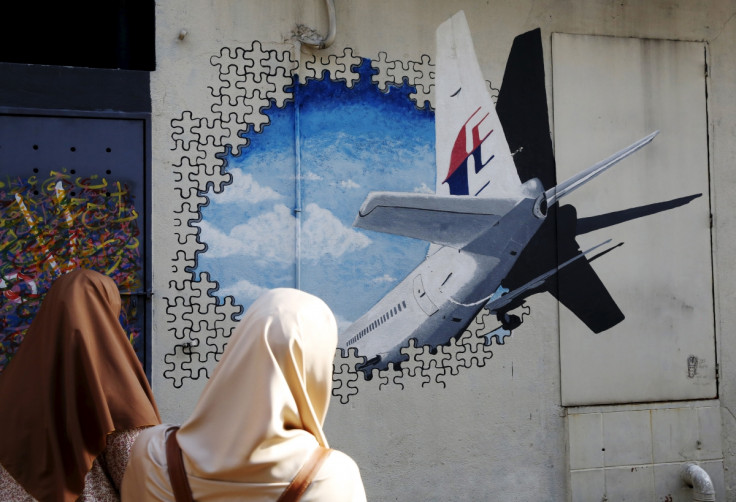Missing MH370 investigators may have searched wrong area for 2 years in hunt for doomed flight
Fugro project director Paul Kennedy says Boeing 777 could have glided further than previously thought.
Investigators searching for missing Malaysia Airlines flight MH370 have said they've been looking in the wrong place for more than two years. The remarks have come as the search is about to conclude.
Costing over $130m (£98m) and led by Dutch engineering group Fugro, investigators have scoured the designated 120,000sq/km sea-floor of the southern Indian Ocean off Western Australia, an area roughly the size of Greece. There have been no breakthroughs so far. This has now led to the belief that the plane could have glided beyond the search domain.
The designated search area was finalised following calculations based on satellite images of the Beijing-bound plane and its last known position before it went missing with 239 passengers and crew onboard in March 2014.
The ongoing search is expected to end in the coming three to four months and it appears Malaysia, China and Australia – the three countries involved in the search – could call off the operation once the designated ocean belt is scoured.
Amid conflicting theories about the plane's disappearance that have so far formed the basis of the search operation, Fugro project director Paul Kennedy told Reuters that it seems more likely that the Boeing 777 did not crash into the sea in the area where the search is underway.
"If it's not there, it means it's somewhere else," Kennedy said, adding, "If it was manned it could glide for a long way. You could glide it for further than our search area is, so I believe the logical conclusion will be well maybe that is the other scenario."
Possible pieces of debris from the missing plane have been found along beaches in locations far away from the designated search area, such as Mozambique, South Africa and Mauritius. In June, Seattle-based lawyer Blaine Gibson, who is on a self-funded search for the missing MH370, had found belongings in Madagascar in south-eastern Africa suspected to belong to passengers of the missing plane.
Some of these pieces of debris have been confirmed to be from the missing Malaysian airplane, hinting at the possibility of finding the plane's wreckage or remains at other locations. Fugro's controlled glide theory – the first when officials involved in the search hinted at a different theory – is adding strength to the alternate theories, which investigating bodies have constantly denied.
Investigating agencies America's Boeing Co, France's Thales SA, US investigator the National Transportation Safety Board, British Satellite Company Inmarsat, the UK Air Accidents Investigation Branch and the Australian Defence Science and Technology Organisation are among those who do not support the glide theory, the news agency reported.

© Copyright IBTimes 2025. All rights reserved.



















